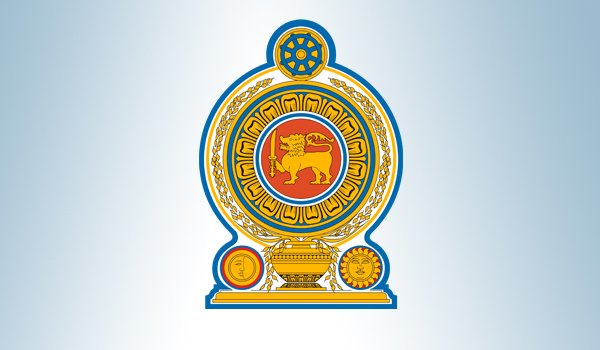The present management team has been entrusted with the daunting task of preparing a budget with no errors and amendments like the previous one to satisfy the ruling UNP and SLFP MPs, most importantly the masses and the International Monitory Fund (IMF).
The Prime Minister has directed the Treasury Secretary Dr. R H S Samaratunga to adopt a strict reviewing process when preparing the budget and it should be very thorough.
A performance efficiency management unit will be set up soon to ensure the efficiency of utilising government financial allocations.
The Treasury Secretary has also been directed to inform all Ministry Secretaries to finalise their next year budget and no supplementary allocation will be given to them from 2017. The Secretary to the Ministry who is the chief accounting officer is to be held responsible for efficient management of the budgetary allocation made to the ministry.
The main thrust of the budget 2017 is to reduce the budget deficit to 5.5 percent of GNP, maintain the state investment level between 6 – 8 per cent of the GDP, investment level of the economy at 30 per cent of the GDP and achieve an economic growth beyond 6.5 percent.
Sixteen amendments were made to 2016 budget and principal among these changes was the reintroduction of income tax on capital gains, increasing the rate of Value Added Tax (VAT), removing certain exemption on VAT and Nation Building Tax (NBT) and thereby widening the tax base.






